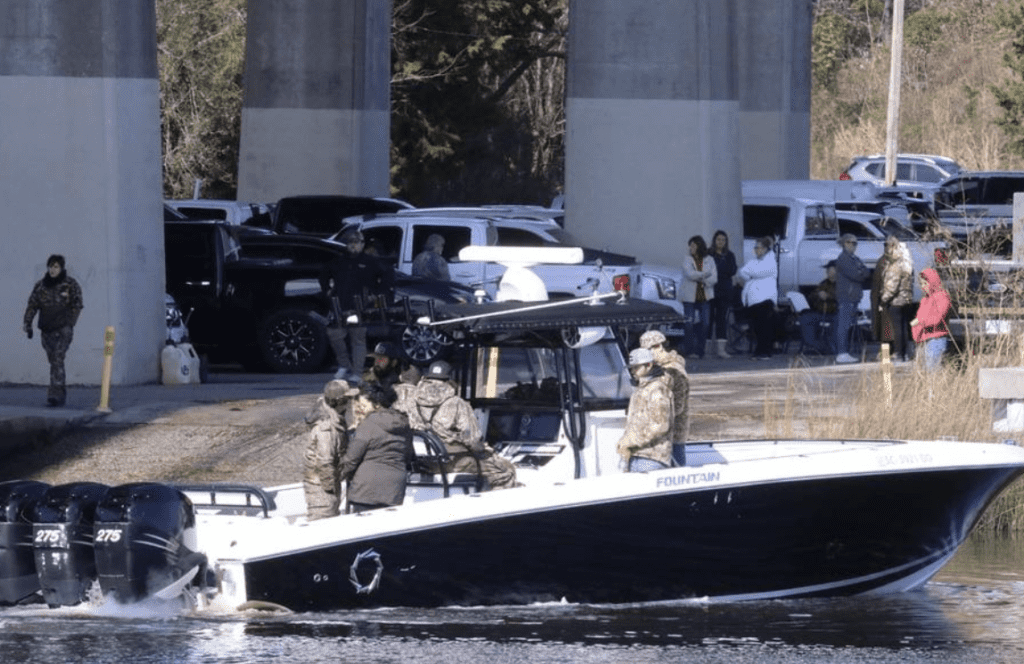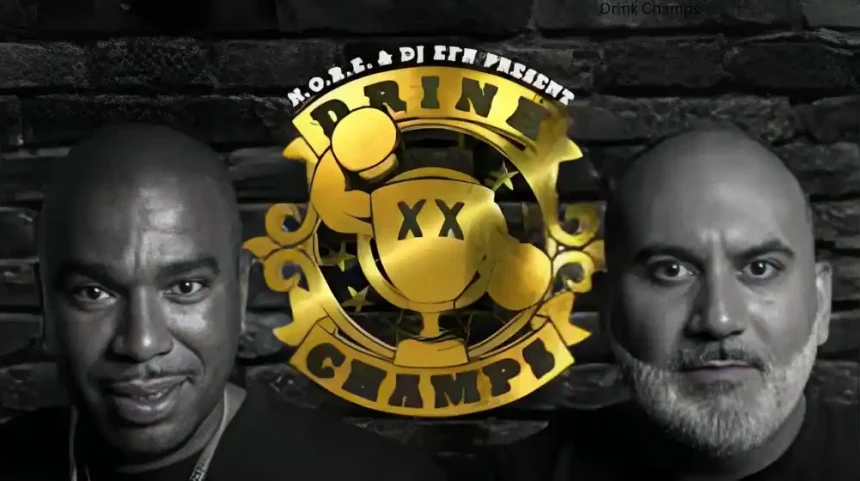Table of Contents
The criminal court case against Tyler Wilson Doyle Court has drawn significant public attention due to the complex circumstances surrounding the alleged crime. As the lengthy proceedings continue, all eyes remain fixed on the ongoing quest for justice. This in-depth look at the case outlines key events so far and provides the latest updates.
The case stems from allegations that Doyle committed assault against a classmate in 2018. However, details emerged revealing a potential history of bullying and instability in the school environment. These revelations added nuance, making the situation far less black-and-white.
As the case navigates the intricate legal system, the court aims to determine the truth and administer fair justice. The more that comes to light, the clearer it becomes that the path to resolution is filled with challenges.
A fantastic read about Who Kidnapped the Empress Spoiler
Background of the Tyler Wilson Doyle Court Case

In March 2018, high school student Tyler Wilson Doyle was arrested for allegedly assaulting a classmate, resulting in a concussion and a broken nose. The incident occurred off school property after hours.
Police reports stated that the victim, Samuel Miller, confronted Doyle about spreading rumors. Doyle maintains he acted in self-defense against Miller’s physical aggression. Several students came forward claiming Miller had bullied Doyle for years.
Doyle was initially charged with assault and battery. Miller pressed charges, while Doyle pleaded not guilty. As the case proceeded, more details emerged making the circumstances less clear-cut.
Developments and New Information
While initial reports painted Doyle as the aggressor, new information revealed a far more complex situation.
The defense obtained school records showing Miller had a history of bullying and provoking other students. Multiple accounts supported Doyle’s statements about long-term harassment from Miller. Evidence also emerged indicating negligence by the school in addressing bullying.
Additionally, testimony from Doyle, his family, and mental health experts pointed to a diagnosis of complex PTSD stemming from the chronic bullying. The defense asserted Doyle felt threatened by Miller and reacted instinctively in self-defense due to his PTSD.
These revelations added critical context and opened serious questions about fairness and accountability. As the trial progressed, the journey to justice became murkier.
Trial Proceedings and Outcome
Jury selection for the trial began in March 2019, a year after Doyle’s arrest. The initially chosen jury skewed older and conservative.
The defense argued to dismiss this jury pool due to potential bias. The court agreed, and jury selection restarted, ultimately seating a more balanced group.
Over two weeks, prosecutors and defense attorneys presented arguments and evidence attempting to construct timelines and uncover the truth. The defense focused on portraying Miller as the aggressor and Doyle as a chronic bullying victim who felt endangered.
After three days of intense deliberations, the jury acquitted Doyle of all charges. They determined he acted justifiably out of self-defense due to the bullying-induced PTSD. An appeals process initiated by the prosecution is ongoing.
Aftermath and Impacts
Though legally vindicated, Doyle continues facing struggles, including dealing with his PTSD. Finding adequate care has proved challenging, highlighting flaws in the mental healthcare system.
The school also faced fallout, as officials were accused of overlooking and mishandling bullying issues. Several teachers and administrators resigned or were terminated due to negligence. Policies were updated to improve accountability, training, and communication around bullying.
The legal victory also set a notable precedent for accounting for PTSD and trauma histories in assessing self-defense claims. Overall, the ripple effects underscored the need for holistic, trauma-informed perspectives within schools, courts, and society.
Ongoing Appeals Process
Despite Doyle’s acquittal, the court case is not fully resolved. Prosecutors pursued appeals aiming to overturn the jury’s verdict. The appeals process remains ongoing.
The prosecution argues Doyle’s PTSD diagnosis should not categorically justify his actions. They also contest the assertion that Miller posed an imminent threat warranting self-defense on Doyle’s part.
As the appeals continue, supporters on both sides anxiously await the final ruling. The appeal’s outcome will determine whether justice has truly been served in this complex case. All eyes remain on the court as the journey toward a definitive resolution persists.
Final Words
The Tyler Wilson Doyle case offers sobering lessons about reacting without assumptions, carefully weighing contexts, and resisting snap judgments. As the appeals play out, the quest for justice remains centrally focused on uncovering the objective truth and administering fairness to all parties. Only through continued careful examination of the nuances can we achieve restorative justice and positive change.
This case remains developing – we will provide further updates here as additional details emerge. The full story has yet to be written.




